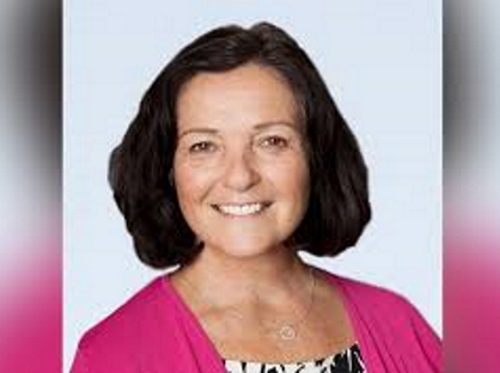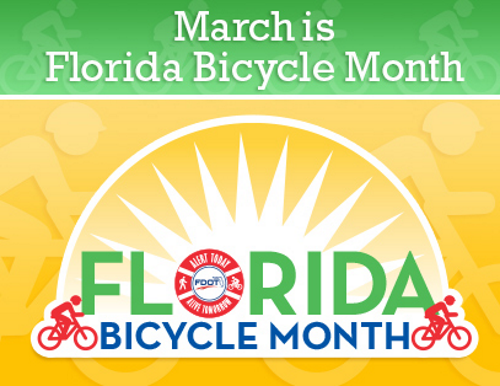FEDERAL ACTION
AASHTO President Sheehan Testifies Before Senate EPW Committee – AASHTO Journal
AASHTO, Adventure Cycling Formalize Partnership to Reach 50,000-Mile National Bike Route System – AASHTO Journal
Cedric Richmond: Infrastructure Bill is the Next Order of Business – AASHTO Journal
House Transportation Republicans Urge Bipartisan Policymaking – Transport Topics
Business groups rally around green infrastructure plans – The Hill
COVID-19
DHS, New York’s MTA Studying Transit Spread of COVID-19 – AASHTO Journal
WisDOT podcast features pandemic-specific safety tips for highway travel across Midwest states – Milwaukee Independent
More biking, fewer trains: Survey examines the pandemic’s effects on mobility in the D.C. region – Washington Post
INFRASTRUCTURE RESILIENCE AND SUSTAINABILITY
Top Bottlenecks Less Congested Last Year, but Infrastructure Needs Persist, ATRI Finds – Transport Topics
Wisconsin receives low grade on infrastructure – WAOW-TV
Port of Milwaukee ice-breaking tugboat sinks – WISN-TV
Skokie officials provide updates on environmental sustainability efforts – Chicago Tribune
SC Senate approves borrowing $550M for Charleston port – WCSC-TV
More than $100 Million Going to Rural Communities for Infrastructure Improvements – Indiana DOT (Press release)
ENVIRONMENTAL JUSTICE
In A Blow To Environmental Justice Advocates, State Regulators Approve Controversial East Boston Substation – WBUR
The origins of environmental justice-and why it’s finally getting the attention it deserves – National Geographic
Highways that destroyed Black neighborhoods are crumbling. Some want to undo that legacy – CNN
NATURAL RESOURCES
800-pound bulls in Trabuco Canyon help restore environment – Orange County Register
San Rafael kicks off environmental review of marsh restoration project – Marin Independent Journal
Old Ohio amusement park becomes new wetland restoration project – Great Lakes Echo
Wyoming road kill bill could be a boon for taxidermists but raises highway safety concerns – Oil City News
Tourism, ODOT Partner to Take Oklahomans Fishing – Oklahoma Tourism & Recreation Department, and Oklahoma Department of Transportation
HEALTH AND HUMAN ENVIRONMENT/ACTIVE TRANSPORTATION
Traffic Noise Is a Silent Killer – The Atlantic
Residents in the region want to walk and bike more, and drive less after COVID-19, a “Voices of the Region” survey suggests – Greater Greater Washington
Bicyclists wanted: Rapid City seeks input for bicycle-friendly community survey – KEVN-TV
Conservation Department explores allowing bicycles on conservation-area service roads – News Tribune
The growing importance of bike infrastructure – Sonoma Gazette
TRB RESOURCES/ANNOUNCEMENTS
The Role of Transit, Shared Modes, and Public Policy in the New Mobility Landscape – TRB
TRB Webinar: Visualizing Effects of COVID-19 on Transportation: A One-Year Retrospective – TRB
TRB Webinar: Measuring Resiliency – Tools for Analyzing Resilient Transportation Systems – TRB
TRB Webinar: Transportation Impacts in Managing Retreat from High-Risk Areas – TRB
Seeking project panel nominations for FY 2021 Airport Cooperative Research Program (ACRP): Nominations due March 15 – TRB
Propose New Topics for the 2021 TCRP Synthesis Program: Submissions due March 19 – TRB
One-Day Summit on Accelerating Active Transportation Change in Northern Virginia – George Mason University
2021 Future of Commuting Summit – Association for Commuter Transportation (Webinar)
Call for Session Presentation Topics – National Association of State Aviation Officials
Thinking Transportation: TTI’s New Podcast Explores the Future of Transportation – Texas A&M Transportation Institute
FEDERAL REGISTER NOTICES
Notice of Funding Opportunity for the Department of Transportation’s Infrastructure for Rebuilding America (INFRA) Program for Fiscal Year 2021 – Office of the Secretary of Transportation (Notice of funding opportunity)
State Highway-Rail Grade Crossing Action Plans; Correction – FRA (Correcting amendment)
Drawbridge Operation Regulation; Savannah River, Savannah, GA – Coast Guard (Notice of proposed rulemaking)
Approval and Promulgation of State Plans for Designated Facilities; New York; Section 111(d) State Plan for MSW Landfills – Environmental Protection Agency (Proposed rule)
Endangered and Threatened Wildlife and Plants; Revised Designation of Critical Habitat for the Northern Spotted Owl; Delay of Effective Date – Fish and Wildlife Service (Final rule; delay of effective date and request for comments)


